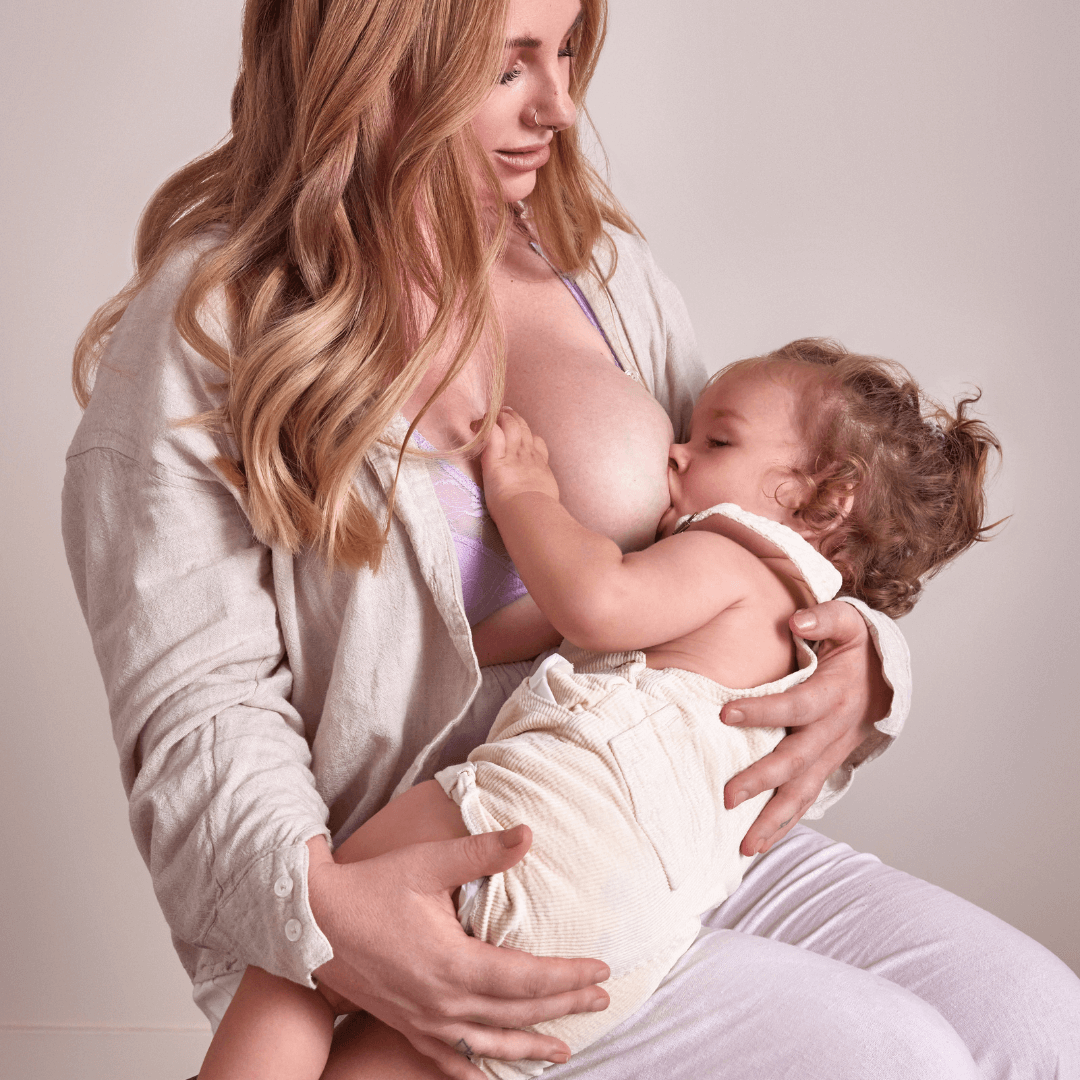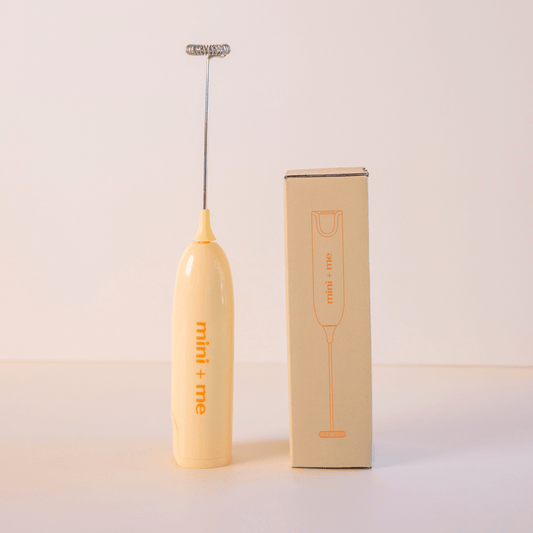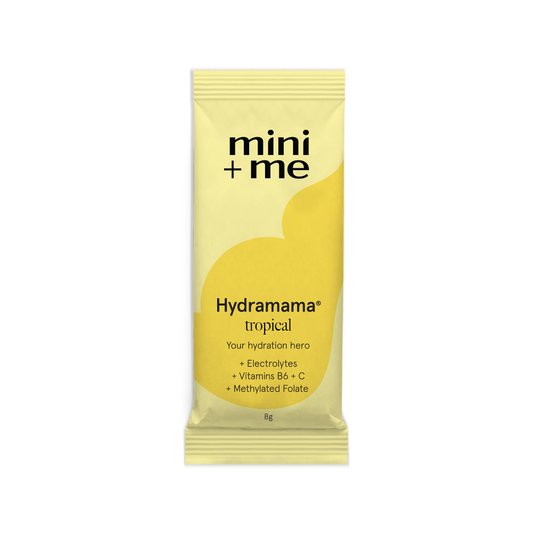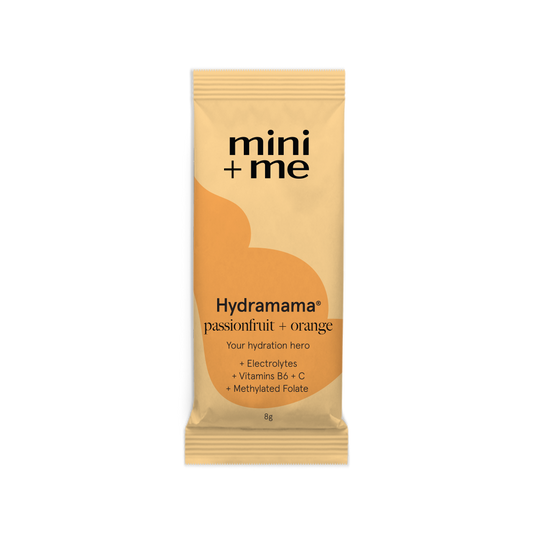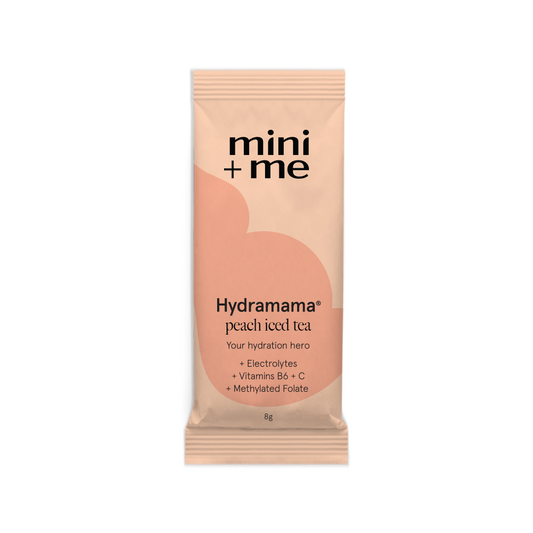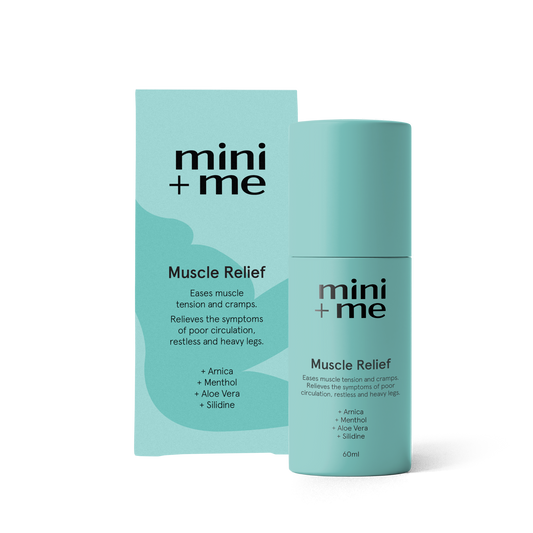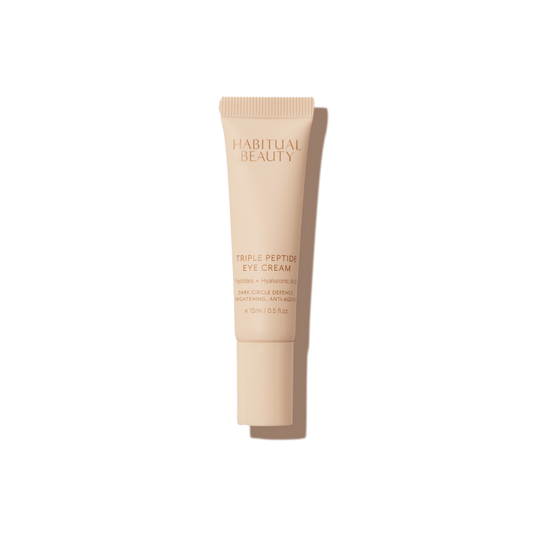It’s a common misconception that breastfeeding doubles as contraception - but the reality is a little more complex. If you’re a new parent navigating feeding, sleep deprivation, and recovery, thinking about contraception might feel like the last thing on your mind. But understanding how your body works postpartum - especially when it comes to fertility - is important for planning (or preventing) another pregnancy.
In this article, we break down five of the most common myths about breastfeeding and birth control, with clear, evidence-based answers to help you make confident choices that suit your stage.
1. “You can’t get pregnant while breastfeeding.”
This isn’t quite true. While breastfeeding can delay ovulation, it’s not a foolproof form of contraception.
The Lactational Amenorrhoea Method (LAM) is considered effective only when all three of the following conditions are met:
• Your baby is under 6 months old
• You are exclusively breastfeeding (no bottles, dummies, solids or long gaps between feeds)
• Your period hasn’t returned since giving birth
If any of these factors change, your fertility may return - often before your first period, as ovulation comes first. So yes, it’s possible to become pregnant again without realising you’re fertile.
2. “All hormonal contraception is unsafe while breastfeeding.”
False.
• Progestogen-only options (like the mini-pill, implant, injection, or hormonal IUD) are safe and don’t affect milk supply.
• Combined methods (containing oestrogen) may reduce milk supply if started before 6 weeks postpartum, but are often fine to use later if breastfeeding is established.
3. “Natural methods like breastfeeding don’t work.”
Not entirely true.
LAM can be up to 98% effective if used exactly as recommended — for the first 6 months only.
After that, or if feeding patterns change, its effectiveness drops significantly.
4. “Contraception harms your milk or baby.”
False.
Most modern methods are safe during breastfeeding.
Only oestrogen-containing methods carry a small risk of lowering milk supply if introduced too early.
There’s no evidence that hormonal contraception harms breastfed babies.
5. “You don’t need contraception until your periods return.”
False.
You can ovulate before your first period, so you could fall pregnant without realising.
If you’re not planning another baby, it’s important to discuss contraception early.
Understanding your options can help you choose a method that suits your body, your baby, and your family plans. Always check in with your GP, midwife, or IBCLC to find the safest and most effective option for your stage.
Cart is Empty
Your Cart is Empty
- Choosing a selection results in a full page refresh.
- Opens in a new window.




